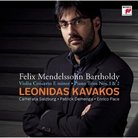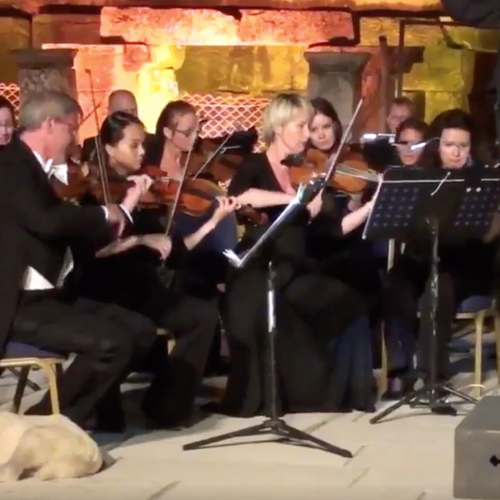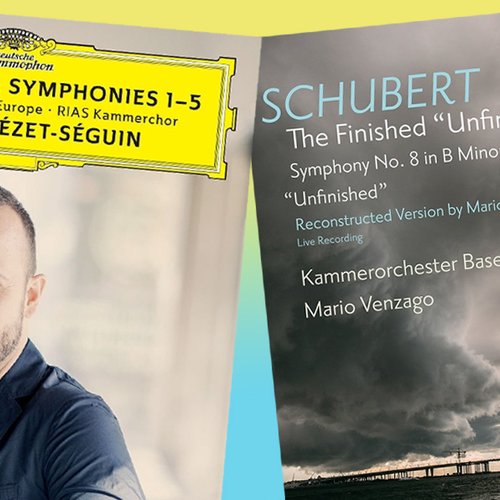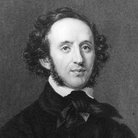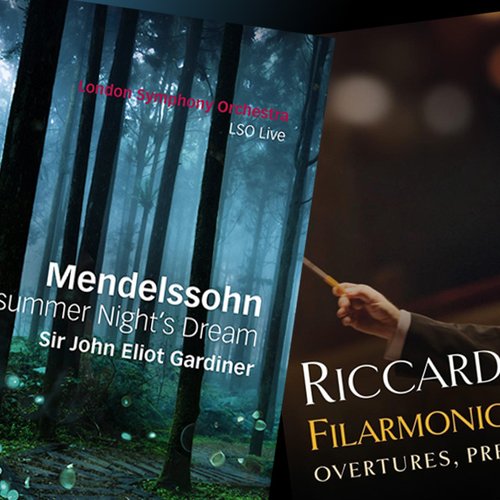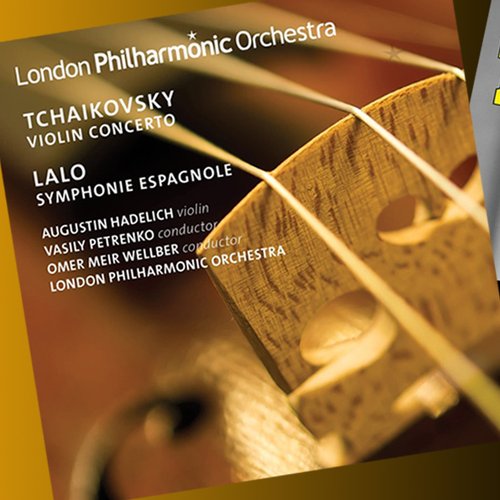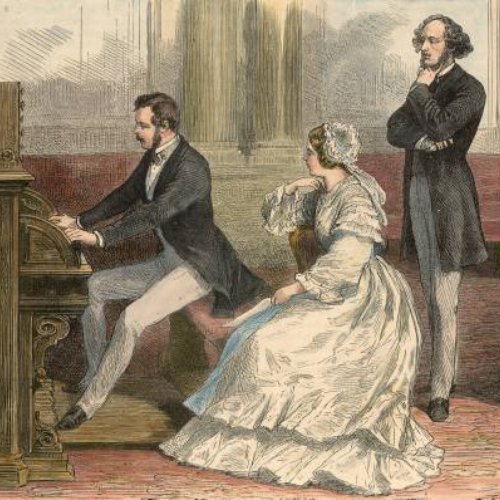Felix Mendelssohn: An Appreciation
Mendelssohn, the boyhood genius who composed some of his greatest masterpieces during his teenage years.
Why is it that Mendelssohn never quite makes it into the top 10 of composers?
Mendelssohn possessed a talent that was almost inexhaustible in terms of its promise and potential, but he lacked the inner determination to develop his powers to their fullest extent. He was a sensitive man who was ultimately destroyed by his constant and caring attempts to counterbalance his extraordinary gifts with the need for a small number of intimate relationships away from the exhausting demands of being an idolised musical celebrity.
And music wasn’t his only special ability?
Mendelssohn excelled at virtually anything that could hold his attention for long enough. He was an exceptional athlete, a gifted poet, multi-linguist and watercolorist, and a philosopher who could hold his own with university dons.
Didn’t all that make him seem a bit odd?
Not a bit of it. Despite his prodigious gifts and all the attention lavished upon them, he remained unusually level-headed and close to his friends and family – in particular his almost equally gifted sister, Fanny.
What are the curiously titled Songs Without Words?
In fact they’re a series of enchanting miniatures for solo piano, variously composed between 1829 and 1842, and published in eight books of six pieces each. Favourite pieces include the Spring Song, and the Spinning Song (or Bees Wedding).
Wasn’t he also a pianist and conductor?
Typically, Mendelssohn was brilliant at both. He turned the Leipzig Gewandhaus Orchestra into the virtuoso body we know today, and also devised concert programmes that balanced the new and the old in a way that was previously unheard of.
Didn’t he do a lot for Bach as well?
In 1829 Mendelssohn conducted the first performance of Bach’s St Matthew Passion in almost a century. He commented somewhat ironically: “To think that it should be a Jew that has given back to the people its greatest Christian work”.



